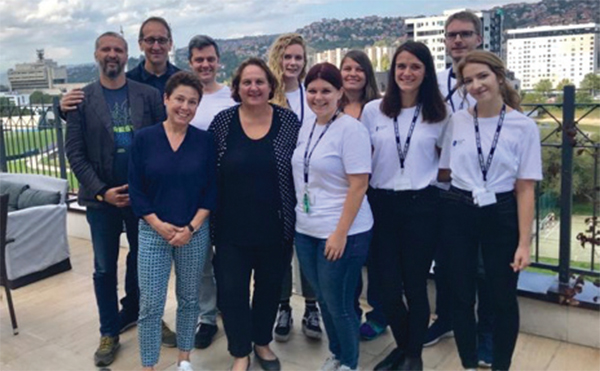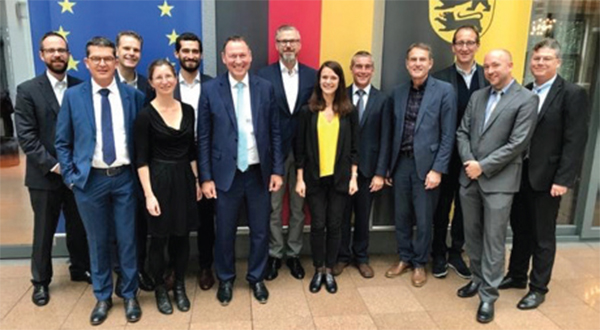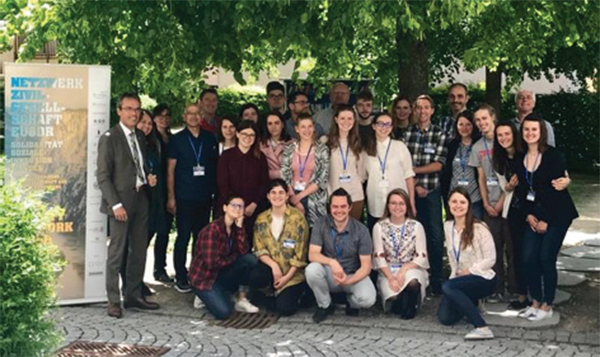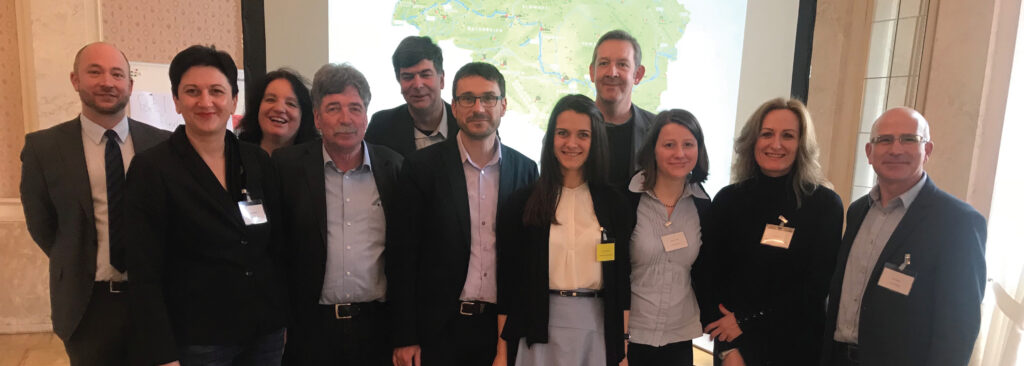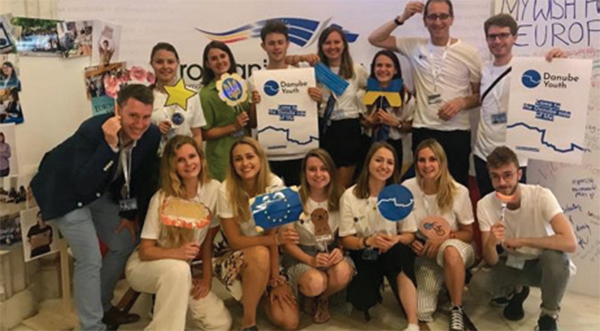welcome to
The Danube Youth Network
The Danube Youth Network is the result of the vision described in the pilot project “Danube Youth Participation 2019-2021”, and “Danube Youth EUSDR Participation” (2021-2022) which was implemented by the EUSDR Civil Society Network with 5 partnering NGOs in Baden-Württemberg, Bulgaria, Croatia, Romania and Serbia. Lead partner is the Liebenau Foundation with 150 years of experience in social policies and projects in cooperation with Baden-Württemberg State Ministry as the main co-funding institution.
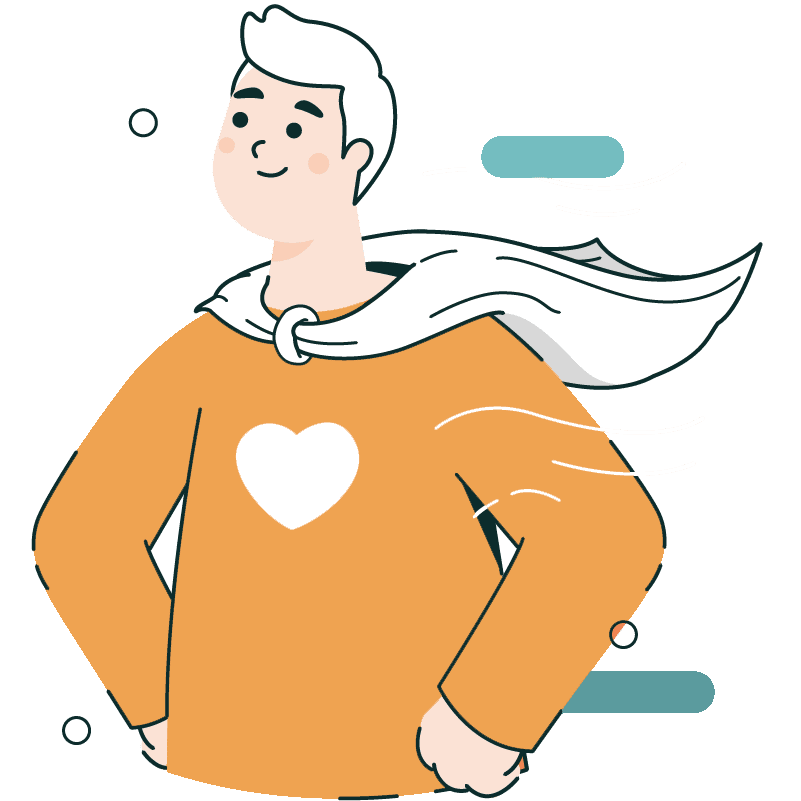
Our mission
The aim of our network is the institutionalization of an open, transnational, trans-sectoral, independent and self-organized Youth Network in the Danube Region.
Our vision
Participation, creativity, leadership and individual responsibility of young people in the Danube Region is to be strengthened in the areas of Social Inclusion & Skills, Environment & Sustainability, Networking & Youth Participation, Culture & Connectivity, powered by a social entrepreneurship approach.
Our story
The Danube Youth Network is the result of the vision described in the pilot project “Danube Youth Participation 2019-2021” and and “Danube Youth EUSDR Participation (2021-2022) which was implemented by the EUSDR Civil Society Network with 5 partnering NGOs in Baden-Württemberg, Bulgaria, Croatia, Romania and Serbia.
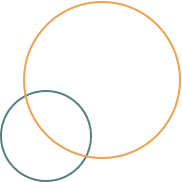
EUSDR
The EU Strategy for the Danube Region
Topics that have gained in importance in the last ten years are mostly cross-cutting issues like digitaliza- tion, e-government, strategies against youth unem- ployment, fight against climatic change, the development of health policies, all of which the Danube Region urgently needs to address.
Youth organizations and young people have been seen for a long time as a cornerstone for the sustainability of the strategy and the development of the region; improving the ability to involve young people can be a significant factor for the future success of the revised strategy.
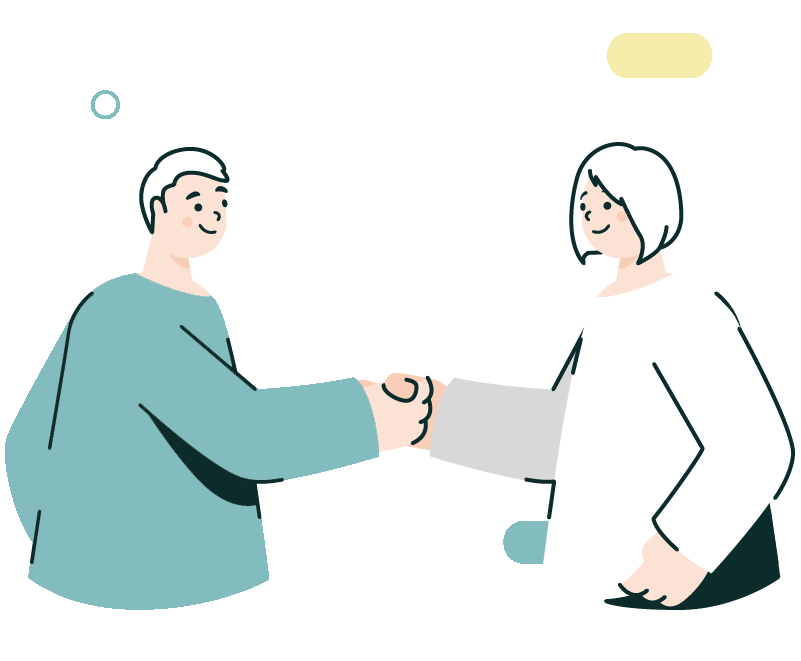
Until now, the EUSDR has not been able to really integrate new stakeholders in its governance.
The Guidance Paper for Youth Participation
Young people between 15 and 29 years made up 17% of the European Union (EU) population in 2018. In the Danube region, the youth ratio in 2019 was even slightly higher with 23,5% , which means that there some 26 million young people between 18 and 35 years living in the Danube region.
The Joint Statement
The Joint Statement of the Ministers responsible for the implementation of the EUSDR at the Annual Forum in Zagreb 2020, agreed to “take further steps to strengthen the support and widen the stakeholder Platform, which includes a broad spectrum of actors, in particular better participation and involvement of the younger generation in the Danube Region.”
The revised Action Plan is focusing on stronger transversal cooperation and networking, trying to address the needs of civil society, local actors, universities and youth, who until now where not adequately involved in the implementation of the strategy.
Organisations and core networkers
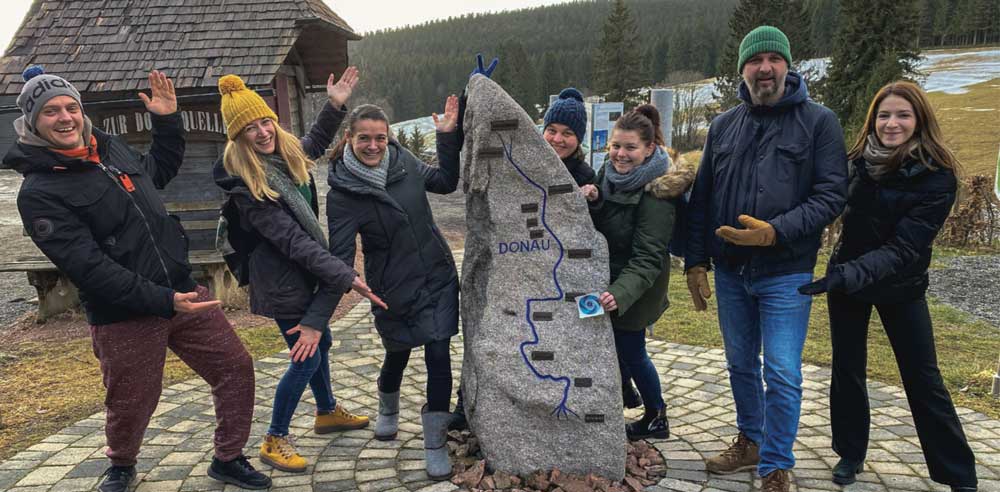

The Civil Society Network of the EUSDR, an informal network in Baden-Württemberg, initiated the project design which evolved into a consortium of NGOs in the Danube Region. This consortium consists of the German Stiftung Liebenau (lead partner) in partnership with the Agapedia Foundation network, the Federation of Social NGOs (FONT) in Romania, Breza NGO in Croatia, Supernatural NGO in Serbia and Re-Act NGO in Bulgaria. The main funding institution is the Baden-Württemberg State Ministry, with a project volume of 350.000€ (including partner contributions), running until October 2021.
Re-Act
Re-Act Association was founded in 2010 in Sofia, Bulgaria by young professionals who graduated in various EU countries. Currently, it is one of the few non-governmental organizations in Bulgaria work- ing especially with juvenile offenders and providing solutions for their inclusion into society. Re-Act has gained substantial experiences in Erasmus+ proj- ect execution and transnational youth meetings in Europe.
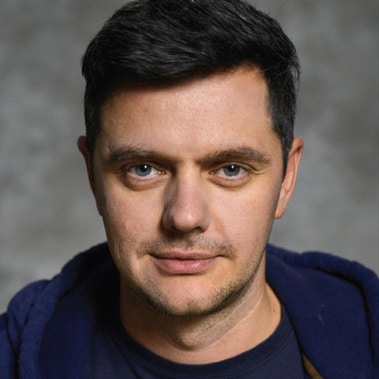 Lyben Georgiev
Lyben Georgiev
Agapedia
Agapedia meaning “love to children” is the charity of former football player and coach Jürgen Klinsmann, founded in 1995 and headquartered in Stuttgart Germany. Agapedia created 4 daughter foundations in Romania, Bulgaria, Moldova and Georgia. Th e focus is children and youth services and nonformal and informal programs to support children in difficult life situations.
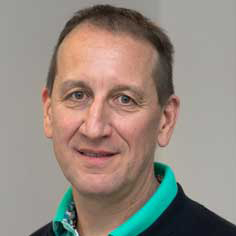 Stefan Barth
Stefan Barth
FONT
FONT is the Federation of Social NGOs in Transylvania, established in 2015 within the START program of the EUSDR. It comprises 13 member NGOs in 7 counties in Romania and the core task of this young federation is to promote social inclusion, education and health issues and organizing net- working events to develop civil society and public private partnerships in Romania.

 Laura Istrate
Laura Istrate
Mara Micheu
ABLE e.V.
ABLE e.V. is a non-profit organisation that was founded by native Ukrainians living in Germany in order to promote volunteering, foster personal development and create a platform for sharing experiences and knowledge with each other. ABLE stands for Act, Build, Lead, Engage.
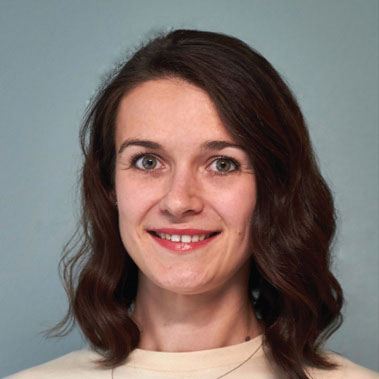 Iryna Gumenchuk
Iryna Gumenchuk
Breza
Breza NGO was founded in 2001 in Osijek, Croatia providing professional care and support for youngsters from broken families with a staff of 25 people in different settings. Parallel Breza is engaging their youngsters, Breza in cultural and educational events like “Land without Borders” where 10ths of thousand of youngsters and volunteers participated in the last 15 years.
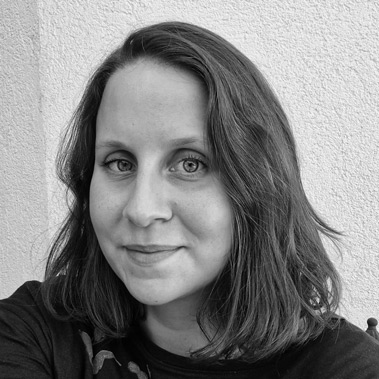 Ana Delimar
Ana Delimar
Supernatural
Supernatural is an green impact NGO established in 2007 in Belgrade, Serbia. It engages in various environmental activities and it connects people and society via its festivals ever since 2010. One of its most famous projects is the Ada Huja, Danube Park project changing the a part of the waste dump island into a recreational and ecological park, right in the Danube before Belgrade.
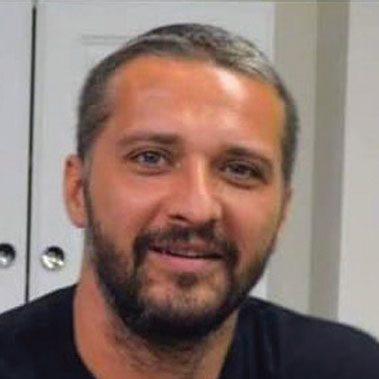 Srdjan Stankovich
Srdjan Stankovich
Stiftung Liebenau
Stiftung Liebenau is a social enterprise founded in 1870 focusing on social inclusion solutions for people with special needs. Further areas are social welfare, health care and education and learning running facilities in 6 European countries, in Germany, Austria, Italy, Switzerland, Bulgaria and Slovakia
 Axel Sans
Axel Sans


is a sustainable, resilient, open, accessible, and self-organized NGO network focusing on youth participation, sustainability, empowerment and social inclusion.
Results
Main results of DYN phase 1 & 2:
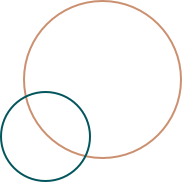
- A community of young people has been formed in the Danube region through a continuous, transnational bottom-up activities. The main programs “Friends of the Danube Youth Camps”, “Shoot by Youth”, “Youth & Cities” & Participation Days were successfully developed, applied and implemented by the DYN core networkers.
- Baden-Württemberg invested 161.217 € per year during a 3,5 year pilot phase, a comparatively small amount considering the initial task of exploring the scope and impact of transnational youth work in the Danube Region.
- The DYN was synchronized within the Croatian, Slovakian and the Ukrainian EUSDR Presidencies, 2020-2021, co-organizing youth involvement workshops during in the 10th Annual Forum in Bratislava, presenting the plan to create a Danube Youth Council (DYC) and a Danube Youth Organization Network (DYON).
- The above process was continued in 2022 during the 11th EUSDR forum in Kosice / Slovakia within the session of “Involvement of Youth into the EUSDR” where for the first time the DYN and the Danube Youth Council (DYC) were presented.
- The DYN met the DYC and the DSP in Vienna on December 16th 2022, during the 1. Capacity Building Program of the Danube Youth Council (DYC) which has finalized the selection 28 young people from all 14 EUSDR countries.
- Slovenia adopted the youth involvement agenda to be further implemented during the Slovenian EUSDR Presidency and the 12th Annual Forum in 2023.
However, it became clear that the meaningful, sustainable and long-term involvement of youth policies, youth organizations and young people in the EUSDR requires suitable and sustainable framework conditions for participation.
#DanubeYouth could thus become an innovative and successful model for public-private cooperation, civil society inclusion and state of the art governance.
EVENTS
The following events and projects have been developed and implemented within the framework of Danube Youth Participation project since its start in 2019:

Youth Empowerment x-media impact
Project Development with Stuttgart Media University: “Youth Empower- ment x-media impact” a communication strategy for youth in the Danube region

Danube Leaders Camp
embedded in the celebration of the 49th Methodius Day of the city of Ellwangen,
May 2019

Danube Youth Exchange
Danube Youth Exchange, Project Application at City of Friedrichshafen for
a Youth Exchange in Sarajewo in October 2019

Social Meets Business
Panel discussion with State Chancellor Gisela Erler and Srdjan Stankovic in Bucharest, November 2019

Study visit to Brussel
Study visit to Brussel presenting the Danube Youth Participation Project at the Baden-Württemberg delegation together with EU representants from DG Regio, October 2019

National Participation Day
Planning of a National Participation Day with a youth focus in Vukovar in April 2020 (eventually canceled due to the Corona pandemic)

ERASMUS+ Key Action
ERASMUS+ Key Action 3 Application: European Youth Together in a partner consortium including the Council of Baltic Sea States and the Danube Civil Society Forum in Austria to connect all four macro-regional strategies (application budget 611.000 €), Brussels, July 2020

Governance model of the future network
Developing the governance model of the future network and applying the non-profit business model canvas in order to activate an social entrepre- neurial spirit


Danube Participation Day
Co-organization Danube Participation Day with a focus on Youth Participation
in Bucharest, June 2019

Joint Erasmus+
Joint Erasmus+ project application of Re-Act, Breza and FONT as partners
of the networking project in, May 2019

Friends of the Danube Youth Camps
Projects application for local youth camps along the Danube; 50.000 € won by the Baden-Württemberg State Foundation, October 2019

Visiting Black Forest with Danube Youth Networkers
Study Visit with the Danube Youth Networkers to the Danube Source in the Black Forest in Germany and participation at the volunteering project of Baden-Württemberg Landesjugendring, January 2020

Youth and Cities
Youth and Cities, Ellwangen virtual meeting with Lord mayor and youth from 6 cities in the Danube region, October 2020

Friends of the Danube Youth Camps
Executing the series of Friends of the Danube Youth Camps in Romania, Bulgaria, Serbia and Croatia, September / October 2020 and 2022

Danube Participation Day
Co-organization Danube Participation Day, Zagreb (Online), October 2020

Shoot by Youth
Shoot by Youth media project // https://shootbyyouth.com
Danube youth network
Main goals for 2024
Create #DanubeYouth –
connecting the Danube Youth Council and the Danube Youth (Organizations) Network. This would lead to the establishment of a “Danube Youth Foundation” (Donaujugendwerk) moving on the following strands:
Being visible:
Creating a sustainable platform for youth participation and youth policies in the Danube Region. Thus becoming an innovative and efficient model for a modern youth network to rejuvenate and inspire both: Youth & all EUSDR participants and institutions.
Funding platform
about the
Danube Region
The Danube Region is a complex and diverse area: Europe’s richest and poorest coun- tries, 115 million inhabitants (of which ca. 30% are under 30) in 14 countries, a mix of EU members, accession candidates and neighborhood countries, and 30 years ago, scene of the last European war. A shared view of the Danube Regions history has not yet been reached, historical disagreements and populist policies continue to overlap the socially, economically and politically difficult situation in some of the Danube region countries.
115 000 000 inhabitants
A majority of young people in the Danube Region, according to a study of the Österreichisches Institut für Internationale Politik (OIIP) in 2019, support the accession of their country to the European Union and have an optimistic outlook for their future.
14 countries
Citizens, especially the younger generations, want change, want to be heard by the political elites, want to participate, but often have neither access, means nor sufficient trust in governments and institutions.
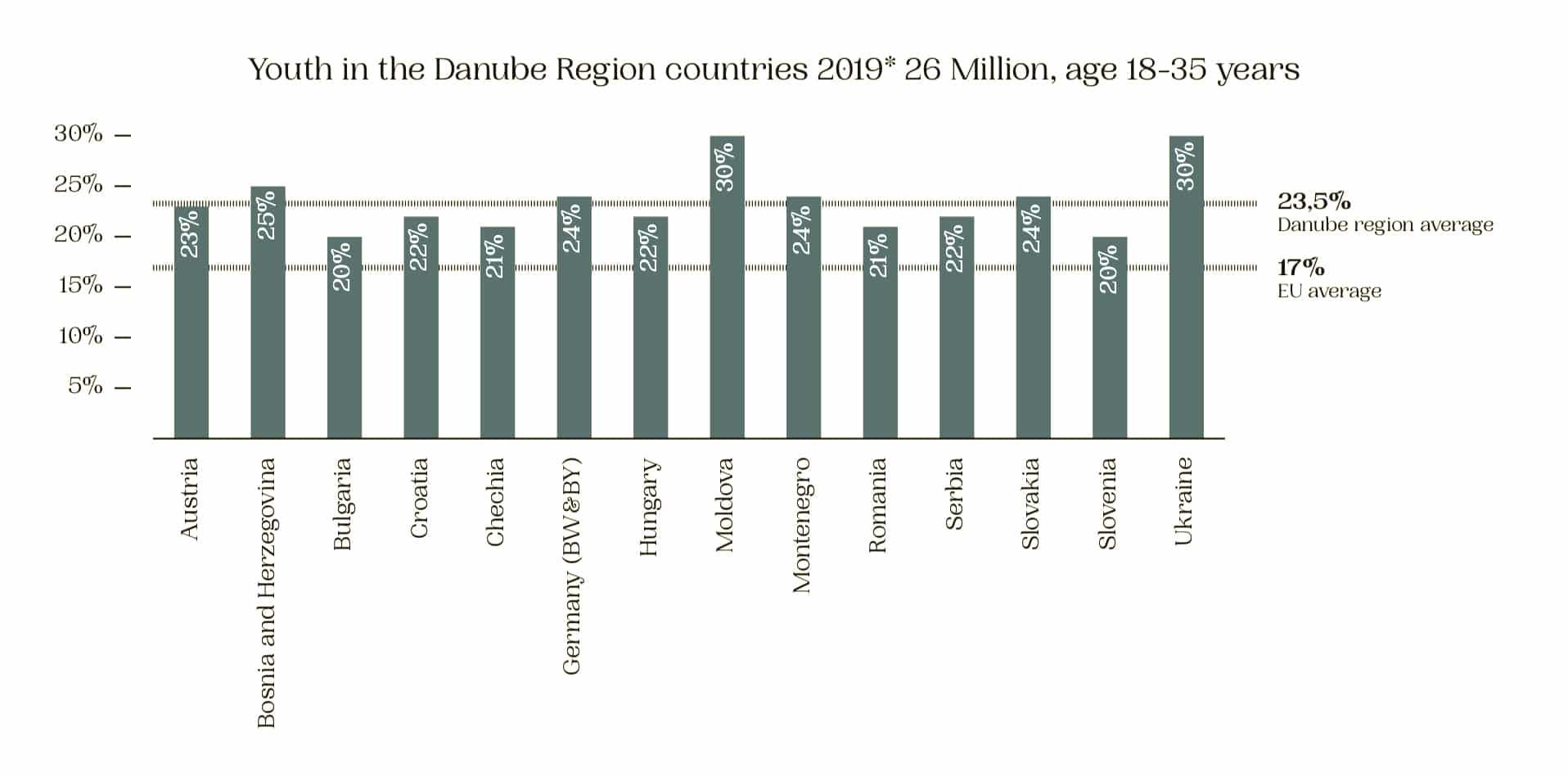
The revised Action Plan is focusing on stronger transversal cooperation and networking, trying to address the needs of civil society, local actors, universities and youth, who until now where not adequately involved in the implementation of the strategy.
Phone
+49 (176) 768 655 55
Address
70190 Stuttgart, Germany
contact
Get in touch
Civil Society Network EUSDR – Danube Youth.
